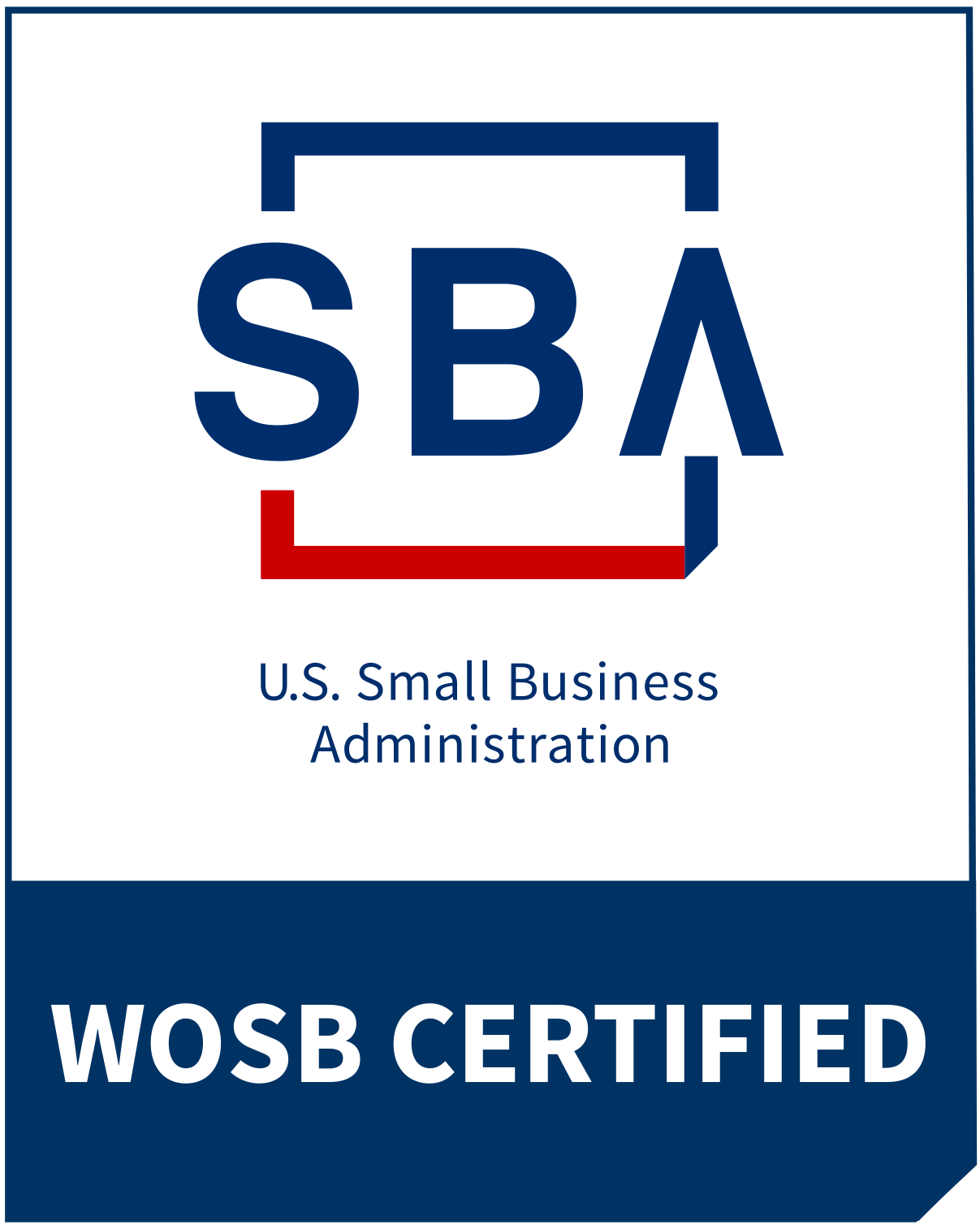Think Systems Are Just for the Big Guys? Think Again!
Think Systems Are Just for the Big Guys? Think Again!
Small businesses feel the cracks faster. Systems aren’t bureaucracy—they’re your buffer, your clarity, and your path to profitable growth.
Have you ever caught yourself thinking, "We’re too small for systems. Only big companies need systems."
You’re not alone. But here’s what I’ve seen again and again:
The smaller the team, the more structure matters.
Because when something breaks in a small business, you feel it immediately.
In a larger company, a delayed invoice or a project setback might barely register. But in a small business, that same delay could impact cash flow or payroll.
And by "system," I don’t mean software. I mean how client handoffs happen, how invoices get sent, how team members know what to do next without you holding it all together with duct tape and adrenaline.
Meet the real Alex
If this sounds familiar, you’re not alone. Let me tell you about a client I’ll call Alex.
She runs a web development agency with 12 employees, mostly designers and developers. Smart team. Solid clients. Good reputation.
But when I first met her, she hadn’t taken a real vacation in almost three years. She handled approvals, proposals, escalations, and invoices. And because she was the only one who understood how projects were priced, she couldn’t delegate estimates without triple-checking them.
When a major client project fell behind, Alex had to spend her Sunday night rewriting timelines. Not because her team wasn’t capable, but because the steps lived in her head, and no one felt confident making a call without her.
Sound familiar?
She didn’t need a bigger team. She needed a business that could run without her being the glue.
Small businesses feel the cracks faster
If you’re running a 15-person company and one client payment gets delayed, that might cover 10% of your monthly cash flow. If your handoff process is messy and something gets missed, that could mean lost revenue, damaged reputation, or a team member quietly burning out.
Small businesses feel the cracks faster.
So the solution isn't to work harder or to finally implement that software everyone on LinkedIn is raving about. The solution is to strengthen the foundation behind your business before the cracks widen.
Strong systems don’t just support your business—they support you. Because when the systems are strong, you don’t have to carry it all yourself.
Systems mean freedom, not red tape
I get it. For a lot of business owners, the word "systems" conjures up bureaucracy. Endless documentation. Long meetings. Things that feel... slow.
But done right, systems aren’t a bottleneck. They’re the opposite.
Systems are how you stop answering the same questions ten times a week. Systems are how your team knows what "done right" looks like. Systems are how you get your evenings back.
Here’s what that looked like for Alex. We started with her client onboarding. Before, it was a grab bag of emails, a checklist in someone’s head, and a kickoff call that always ran long.
After, it became a five-step shared process in a tool her team already used. She didn’t even have to log in. Her ops lead owned it. Clients felt clearer. Timelines tightened. Her email load dropped by 40% that first month.
One simple change cut 40% of her email load that month. That’s the difference even a small system can make.
When built intentionally, systems don’t bog you down—they buy you breathing room.
You don’t build systems because you want to be rigid. You build them because you want to be resilient.
Growth without systems multiplies the chaos
Growth doesn’t just multiply your revenue. It also multiplies the chaos.
Without systems in place, every new client increases the chance of something slipping through the cracks. Every new team member adds communication complexity. Every new offer requires another layer of coordination.
And all of that eats into your margins.
Here’s how that shows up:
You’re landing great clients, but your projects keep going over scope.
You’re selling more, but your profit is dropping.Your team is growing, but so are the mistakes.
It’s not your pricing. It’s not your people.
It’s your systems.
I know the instinct is to wait—just get through the next launch, the next hire, the next quarter. But that’s why systems aren’t something you layer on after you grow. They’re what make profitable growth possible in the first place.
It’s not about size—it’s about sustainability
While corporate giants can afford bloated org charts and expensive consultants, small businesses don’t have that luxury. Every dollar matters. Every hour counts. Every person on the team pulls real weight.
Lightweight, scalable systems aren’t a "nice-to-have" for companies like yours. They’re the difference between a business that burns you out and one that actually supports your life.
The irony? Business owners like Alex often resist systems because they fear it will make their business feel cold, rigid, or corporate.
But, in reality, systems humanize the business.
Your team knows what to expect. You’re not carrying everything alone. Clients get a smoother, more consistent experience. And everyone has a little more room to grow.
So the next time someone tells you that systems and financial clarity are for the big guys? Smile politely.
And then get back to building a business that works.
|
Want more content like this?
Related Posts

Why Tech Isn’t Saving You—The Trap That’s Costing You Profits
.png?width=900&name=Hubspot%20Blog%20Feature%20image%20(6).png)




